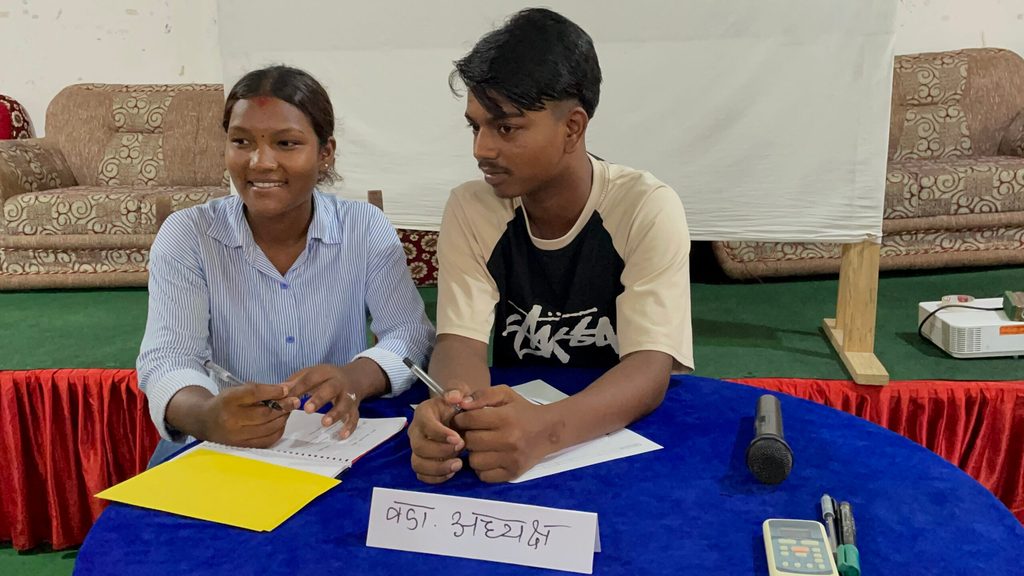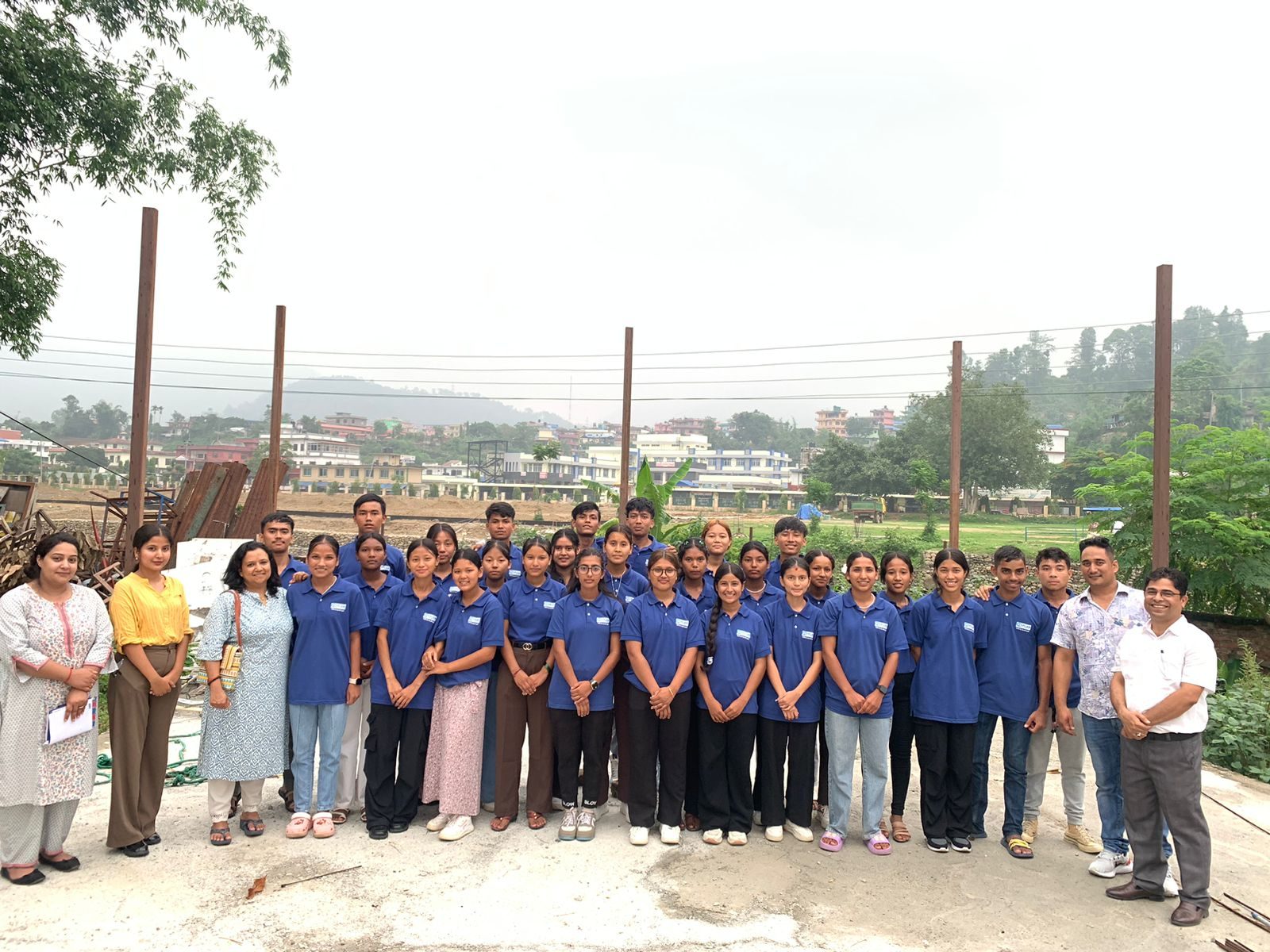A girl leader stops child marriage
Meet Yem Kumari, who turned from a shy village girl into a bold changemaker, standing up for girls’ rights and justice. She is protecting girls in her village by stopping child marriages and helping them stay in school.

At just 19, Yem Kumari has become a shining example of what happens when young women are empowered. Growing up in a large family of 10 in a rural village, Yem saw her father toil in the fields every day to support them. His hard work sparked something inside her, a dream to stand tall, create her own employment, and give back to her community.
“I always wanted to create my own employment and make my family proud. But more than that, I wanted to stand up for myself, for other girls like me, and for justice,” says Yem Kumari.
“I always wanted to create my own employment and make my family proud. But more than that, I wanted to stand up for myself, for other girls like me, and for justice.”
Yem Kumari, Youth volunteer
In a community where caste discrimination lingered and girls were expected to stay silent, she was once shy and reserved, never imagining herself as a leader. Today, Yem Kumari confidently speaks up for girls’ rights and leads change in her community.
Through Strengthening Local Accountability through Youth Engagement (SLAS), Yem Kumari received training in leadership, social accountability, facilitation, gender justice, laws, and the 7-step planning process.
“I learned about my rights as a young person and as a girl. I found the courage to speak, to question, and to lead. The trainings didn’t just build my knowledge, they built me.”

Taking action
Yem Kumari’s confidence grew as she worked with the Young Citizen Score Card (YCSC) to help schools and health posts listen to young people’s voices. Public speaking, community engagement, and facilitating discussions became second nature to her.
But her true test came when a close friend was about to be forced into child marriage. She says, “I was shocked. I couldn’t just stay silent, I had to act.”
“I was shocked. I couldn’t just stay silent, I had to act.”
Yem Kumari, Youth volunteer
Working alongside her mentor from the accountability network, Yem Kumari swiftly contacted the municipality authorities. As the wedding preparations were underway, authorities intervened just in time. Guests fled, the groom returned home, and the child marriage was stopped.
“That day, I realised how powerful we youth can be when we stand for what’s right. I didn’t just stop one marriage, I showed others that girls’ lives matter.”
Today, Yem Kumari’s bravery has made families think twice before arranging early marriages. She is seen as a protector, a leader, and a role model for young girls across her community.
One girl, many dreams
Yem Kumari is determined to keep creating change. She dreams of reaching more schools and health posts using the YCSC tool, teaching girls about their rights, and holding duty-bearers accountable. She wants to complete her studies, build her own employment, and support a new generation of youth leaders.
“If my small action can change even one life, I will never step back. I will keep learning, keep growing, and keep giving back to my community.”
About YCSC and SLAS
YCSC tool empowers youth to actively participate in local governance by assessing the quality and responsiveness of public services. Through this innovative tool, young people identify gaps and provide feedback on essential services like education, health, and sanitation. By engaging with local authorities and community leaders, the YCSC promotes transparency, accountability, and inclusive decision-making, ensuring that youth voices directly influence policies and service delivery in their communities.
The SLAS project focuses on building young people’s capacity to hold local governments accountable and advocate for their rights. It encourages youth to take leadership roles, engage in policy dialogues, and collaborate with authorities to address pressing community issues. By fostering youth empowerment and civic participation, SLAS contributes to creating more responsive and gender-equal local governance systems that reflect the priorities and needs of all community members.


